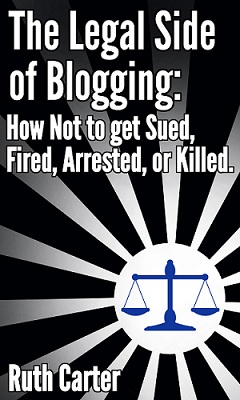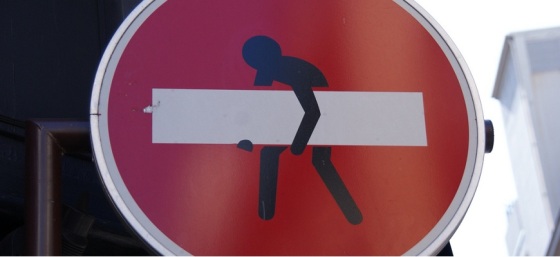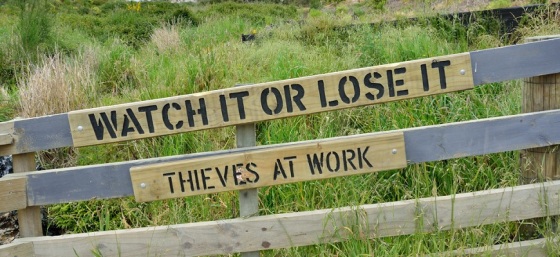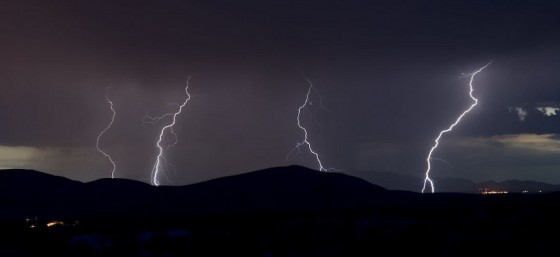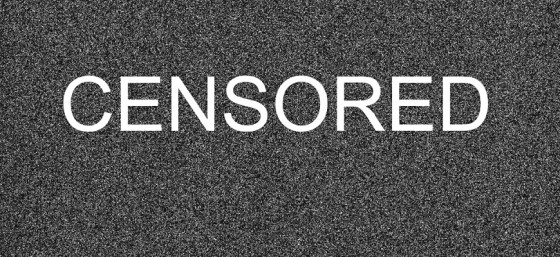
Last month Google announced an upcoming change in its terms of service that would ban all pornography from Blogger sites. (Blogger is Google’s blogging platform.) This change would have been retroactive and impacted some users who have used Blogger to post sexually explicit material for over 10 years. Users reacted hard and fast, saying that posting pornographic material on their sites is an expression of their identities.
Within days, Google made a second announcement saying that they won’t ban all porn on Blogger sites but rather they will be more diligent about their existing policy banned “commercial porn,” meaning porn that is posted online for significant commercial gain. If you have a Blogger site and you want to sexually explicit material, you’re required to mark those posts as “adult” so Google can put them behind an “adult content” warning page.
I found the initial announcement banning porn on Blogger puzzling. Why would Google, a company that serves an international community of amazing creative people, consider such a conservative policy change? I’m a huge advocate for preventing sexual victimization, child pornography, and revenge porn but those are very different issues than the voluntary creation of legal adult content, produced by adults for an adult audience. Blogger is a blogging platform so I assume most people have little or no financial gain from running their sites.
This is a topic where each person may have a slightly different belief regarding what is art and what is pornography based on personal and cultural differences. In the conservative U.S., a topless woman is considered explicit but in other countries, topless models (men and women) are used in mainstream advertising and anyone can go topless at the beach. Google made the right decision in regards to this by requiring everyone who uses Blogger to mark their material as “adult” and the consumers can decide for themselves what they’ll read and view and what they will block from their children’s access with parental controls.
Companies like Google that provide services to a worldwide audience have to decide how policies should be written, which appears to be a challenging task. I’m pleased to see in this instance that Google listened to its users and the culture of the internet in general and repealed this ban.
If you want to talk more about free speech, censorship, and the internet, please connect with me on Twitter, Facebook, LinkedIn, or send me an email.



